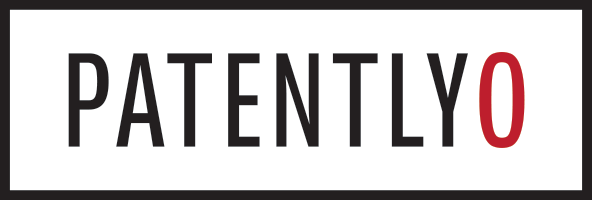
"I was thinking more about the USPTO's recent embrace of strict real party-in-interest (RPI) requirements for inter partes review (IPR) petitions - and particularly the explicitly stated national security justification. Director John Squires's October 28 memorandum names various Chinese entities who have been IPR petitioners and their designation by the Department of Commerce as being adversarial to he interests of the U.S."
"The Paris Convention for the Protection of Industrial Property (1883) and the WTO's Agreement on Trade-Related Aspects of Intellectual Property Rights (1994) both mandate that foreign nationals receive treatment no less favorable than domestic nationals in all matters of intellectual property protection, including the procedures for challenging patents. Under TRIPS Article 3, this national treatment obligation extends explicitly to matters affecting the availability, acquisition, scope, maintenance, and enforcement of intellectual property rights."
"Although not stated expressly in the Squires memo, the implication seems clear to me that the agency intends to scrutinize and potentially deny IPR petitions filed by Chinese companies or entities with connections to the Chinese government. This approach, however laudable its security motivations might be, runs headlong into longstanding U.S. treaty obligations under international intellectual property law. See also, How the AIA Violates TRIPS (2012)."
USPTO has adopted stricter real party-in-interest (RPI) requirements for inter partes review (IPR) petitions and cited national security concerns to justify heightened scrutiny. Director John Squires's October 28 memorandum identifies several Chinese entities designated by the Department of Commerce as adversarial to U.S. interests. The memorandum implies potential denials of IPR petitions filed by Chinese companies or entities with government connections. Selective denial of access to IPR proceedings for foreign petitioners, if not applied to domestic entities, would conflict with the Paris Convention and TRIPS national treatment obligation that requires equal treatment in patent procedures.
#uspto-rpi-enforcement #inter-partes-review-ipr #trips--national-treatment #china-related-patent-policy
Read at Patently-O
Unable to calculate read time
Collection
[
|
...
]